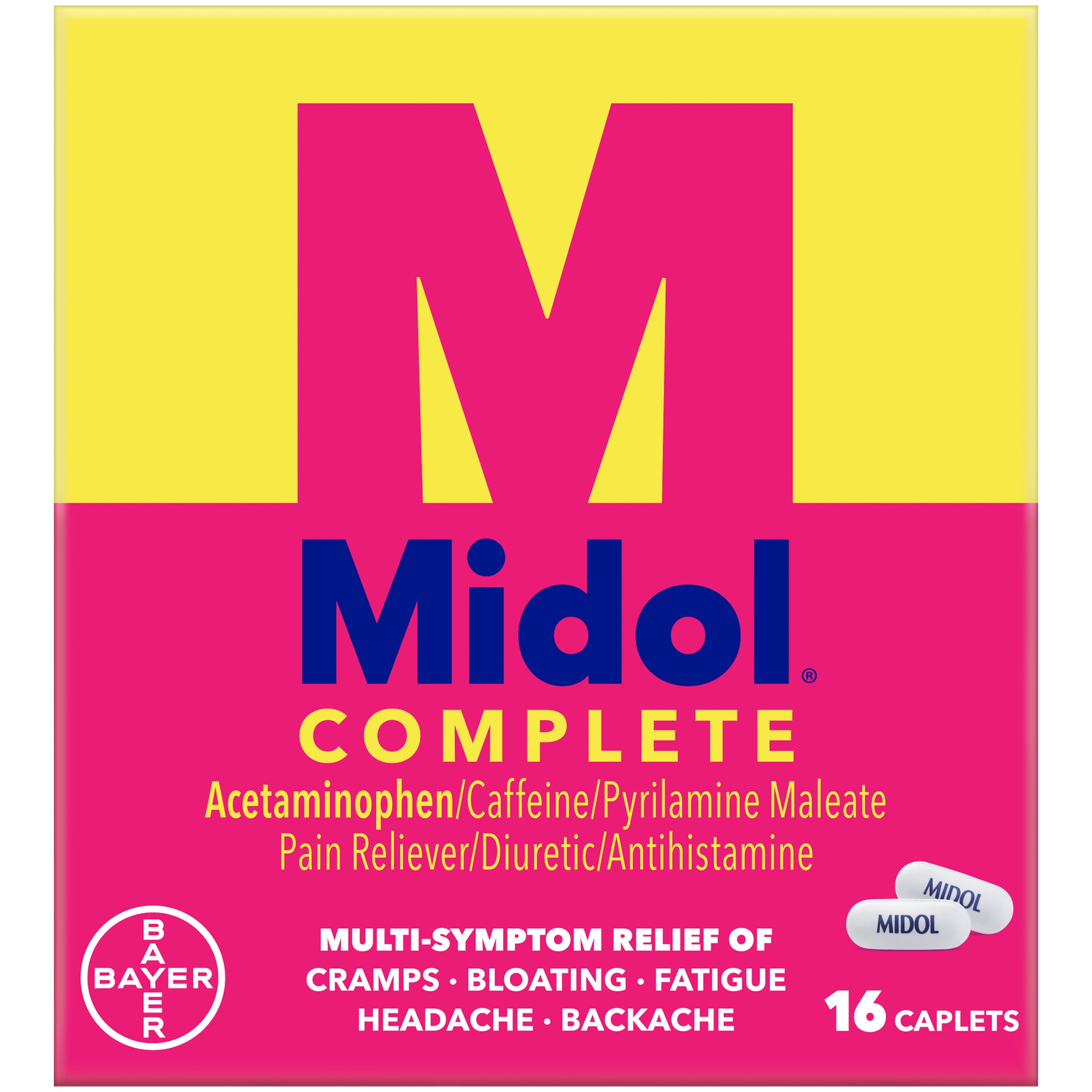This is the amount of virus youve been exposed to. For human infections with the A H7N9 virus incubation period ranges from 1 to 10 days with an average of 5 days.
/770308-article-flu-incubation-period-011-5a58d4e54e46ba003782a6a2.png) How Long Is The Flu Contagious
How Long Is The Flu Contagious
When you get infected with the flu virus it multiplies quietly in body until you get symptoms of the disease and start excreting enough virus to give to someone else.

Flu virus incubation period. Some routes of. Several things can influence how long the incubation period is for the flu including. The virus can remain in your stool for up to two weeks or more after recovery.
Most healthy adults may be able to infect others beginning 1 day before symptoms develop and up to 5 to 7 days after becoming sick. Read moreabout colds and flu in children and babies. Symptoms usually appear within one to two days of exposure.
Theres no exact time frame thats the same for every person with the flu but in general the CDC says that the incubation period of the flu can range between one and four days with the average. Colds and flu in babies and children. The influenza virus or flu is a highly contagious.
Typically a person develops symptoms anywhere from 1 to 4 days after infection. For flu we talk about maybe three days between infections. Only about 5 of cases will have an incubation period of less than 20 hours and at the other extreme it is expected that 5 of cases would have an incubation period of greater than four and a half days.
The symptoms of flu typically last about 3. Whereas COVID-19 is about four to six days While pre-symptomatic transmission when the virus spreads before symptoms appear is a major driver of transmission for influenza thats not likely to be the case with COVID-19. Typically a person develops symptoms 5 days after being infected but symptoms can appear as early as 2 days after infection or as late as 14 days after infection and the time range can vary.
Coming into contact with a larger amount of virus. For avian influenza A H5N1 virus infections in humans current data indicate an incubation period averaging 2 to 5 days and ranging up to 17 days1. Current advice from health organisations and ministries say the virus incubation period is as long as 14 days based on the incubation period of previous MERS viruses.
May 5 2009 The incubation period of the influenza A H1N1 strain now estimated at about 1 to 5 days is shorter and more like seasonal influenza than originally thought according to. The incubation period for seasonal flu averages 2 days with a range of 1 to 4 days and viral shedding may begin as much 24 hours before symptoms appear. Incubation period refers to the time between exposure to a bacteria or virus and the development of symptoms.
People with flu are most contagious in the first three to four days after their illness begins. This refers to the way the virus enters your body. The World Health Organization WHO note that the typical incubation period for the flu is about 2 days but that it can range from 1 to 4 days.
The incubation period of influenza is 2 days long on average but may range from 1 to 4 days in length. The incubation period of a cold is typically between one and three days. Although you typically feel better after a day or two youre contagious for a few days after you recover.
Just over 50 of individuals will experience symptoms within 2 days of infection. Children and some people with weakened immune systems may pass the virus for longer than 7 days. A person can expect to be able to spread the flu one day before their symptoms begin and then for up to seven days after becoming ill.
Colds and flu during pregnancy. Very young children may have had little or no previous contact with the viruses that cause colds and flu so they may have low resistance to infection.



:max_bytes(150000):strip_icc()/period-myths-2721944-v1-5e955f63fde542648f512919e2b2ef05.jpg)
